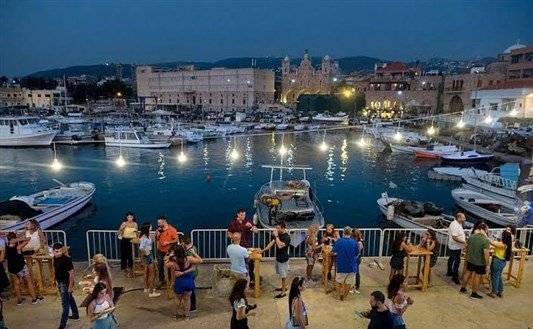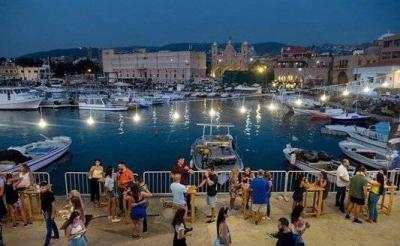This year, summer in Lebanon has started early. Despite the various crises facing the country, it remains a favored destination for tourists from different nationalities, particularly expatriates who are always determined to return, even for just a few days, to enjoy tourism and relaxation in their homeland. "The numbers are promising," said Jean Bireouti, head of the Association of Lebanese Coastal Tourism and Secretary-General of the Federation of Tourism Institutions, in an interview with MTV. He confirmed that "hotel bookings are very high, especially in June, reaching nearly 50% in hotels along the Lebanese coastline, with significant demand coming from Lebanese expatriates in Australia, Brazil, Argentina, South Africa, and other countries. This is a good indicator, as tourists want to take advantage of Lebanon's beauty and summer, along with low prices in dollars. While various countries around the world have raised their tourism prices, Lebanon's prices remain very cheap compared to other countries," explaining that "a hotel room that was priced at $400 is now $120 due to the crisis, and the price of a shisha, for example, has dropped from $10 to $4. This means that prices in dollars have fallen to less than half, encouraging tourists to come to Lebanon."
In a related context, Bireouti pointed out that "the demand for chalets and furnished rooms is also high due to their scarcity, as their owners are heading there amid declining travel activity." He hopes that "the positive atmosphere following the parliamentary elections will reflect on the summer season despite the significant challenges we face, primarily the issues of securing fuel and electricity. Continuity is the most important aspect for us, and it also represents the biggest burden on this sector." He added, "However, we are looking positively towards the coming months and promise an excellent tourist season, as the hard currency spent in Lebanon in this sector will be distributed among all Lebanese working in it, which will contribute to improving the economic cycle."




